Raymond-Jean Frontain is professor of English and former director of the Humanities Institute at the University of Central Arkansas, where he teaches courses in Renaissance poetry, modern drama, and the Bible as literature. He is the author of numerous articles treating the religious bases of male same-sex love in literature, and the editor or coeditor of six collections of essays on biblical literary traditions, including Reclaiming the Sacred: The Bible in Gay and Lesbian Culture. In addition to having published more than a dozen articles on Terrence McNally, he has edited a collection of interviews with the playwright that is forthcoming in the University Press of Mississippis Conversations with Contemporary Authors Series.
The Theater of Terrence McNally
Published by Fairleigh Dickinson University Press
Copublished by The Rowman & Littlefield Publishing Group, Inc.
4501 Forbes Boulevard, Suite 200, Lanham, Maryland 20706
www.rowman.com
6 Tinworth Street, London SE11 5AL, United Kingdom
Copyright 2019 by Raymond-Jean Frontain
All rights reserved. No part of this book may be reproduced in any form or by any electronic or mechanical means, including information storage and retrieval systems, without written permission from the publisher, except by a reviewer who may quote passages in a review.
British Library Cataloguing in Publication Information Available
Library of Congress Cataloging-in-Publication Data Available
ISBN: 978-1-68393-215-4 (cloth : alk. paper)
ISBN: 978-1-68393-216-1 (electronic)
 The paper used in this publication meets the minimum requirements of American National Standard for Information SciencesPermanence of Paper for Printed Library Materials, ANSI/NISO Z39.48-1992.
The paper used in this publication meets the minimum requirements of American National Standard for Information SciencesPermanence of Paper for Printed Library Materials, ANSI/NISO Z39.48-1992.
For Rose Ann Kaiser, OLVM, the onlie begetter of this book
and, in memoriam, Florence Michels, whose teaching informs these pages
Contents
Guide
S ince seeing the original production of A Perfect Ganesh in 1993, I have been moved by Terrence McNallys insistence that grace is not a channel of salvation opened to individuals by a god or gods, but a gift that humans bestow upon one another. At the height of the AIDS epidemic, McNallys plays challenged his audiences to transform anger and despair into hope and the willingness to forgive those who allowed the plague to spread so widely and so fast. Emily Dickinson says that, unlike her neighbors who keep the Sabbath by going to church, she prefers to sit in her orchard where God preaches, a noted clergyman. I choose to attend or read the plays of Terrence McNally.
My greatest debt of gratitude is to Mr. McNally himself, who generously supplied me with copies of the manuscripts of his unpublished works, and who patiently sat for more than a half-dozen interviews across a ten-year period. His husband, producer Tom Kirdahy, has similarly been generous with time and information, putting me in touch with colleagues who could answer my questions about the production history of McNallys plays when he himself couldnt.
A fellowship from the Harry Ransom Humanities Research Center at the University of Texas in Austin allowed me to spend summer 2008 examining the contents of the seventy-plus boxes in the McNally Archive. Molly Schwartzburg proved an invaluable resource both during my initial stay and on several subsequent visits. I am grateful as well to Pat Fox, Alicia Dietrich, and especially to Gabriela Redwine for allowing me access to the computer disks in the McNally archive even as she was developing a protocol for scholarly use of the HRCs electronic holdings.
At the University of Central Arkansas, English department chair Jay Ruud and dean of the College of Liberal Arts Maurice Lee provided a partial release from teaching at a critical juncture in the evolution of this project. My colleague in Religious Studies, James Dietrich, guided my reading in contemporary theology and pastoral psychology. Lisa Murphy and Amanda Bryant in Torreyson Librarys Interlibrary Loan department seemed genuinely to enjoy the challenge of tracking down the leads I was following and were able to secure out-of-the-way print interviews with McNally and reviews of regional productions of his plays. And ever-considerate department secretary, Melissa Eubanks, poured balm over the wounds I sustained wrestling with the dark angel that this project sometimes proved. And in the past eight years my department has permitted me to rely upon the superior computer skills of several excellent graduate research assistants, most notably Jonathan Purkiss, Eliza Killey, Samantha Kaiser, A. J. Underwood, and Haley Coster.
I gratefully acknowledge assistance of other kinds from the following persons. Composer Jake Heggie provided me with McNallys original libretto for Dead Man Walking, while Christopher Novosad supplied helpful background information regarding the world premiere at Houston Grand Opera of Three Decembers, the opera created by Jake Heggie and Gene Scheer from McNallys one-act play, Some Christmas Letters. Ed Decker, founder and artistic director at the New Conservatory Theatre in San Francisco, supplied materials pertaining to McNallys residency that resulted in his theaters production of McNallys play Crucifixion. Jack OBrien and Robert Drake, the former and current artistic directors, respectively, at San Diegos Globe Theatre, not only supplied me with materials relating to their 1989 workshop production of McNallys Up in Saratoga, but located in their archive the stage managers script for the production, from which I was able to assemble a reliable version of that productions final rehearsal script. Tari Stratton consulted the archives of the Dramatists Guild for information on McNallys eighteen-year tenure as vice president.
For years George Klawitter has encouraged me to revise my articles on McNally into a book. Peter Wolfe expertly surveyed the terrain with his own book on McNally, making it easier for me to lay the foundation for my own; in addition, he generously shared with me materials that hed uncovered in the course of his own research, as did Jeff Kaufman while he was making his illuminating biodocumentary of McNally, Every Act of Life (Floating World Pictures, 2018). John Clum kindly shared with me the page proofs of his forthcoming book on McNally as I was attempting to complete my own; while I disagree with him about the arc that McNallys career has taken, I have had to sharpen my argument in numerous places to meet the challenge he offers. Several chapters in this book were first tried out as lectures at Chapman University at the invitation of Professor Myron Yeager, who additionally read and helpfully commented upon the rough first draft of this book. Unusual acts of devotion, all.
This book is dedicated to the memory of Florence Michels, who first prodded me to explore the boundary between religious and literary culture, and to Rose Ann Kaiser, who for fifty years has proven to me a living apology for wonder.
Acknowledgment is made to Jonathan Lomma at the William Morris Entertainment Agency for permission to quote from Terrence McNallys works, and to reprint the cover photography of Mr. McNally by Some-dayprods. Acknowledgment is made as well to the following:
E. Kate Stewart and the Arkansas Philological Association for permission to reprint as part of Chapter 2 an article titled I dont believe this whole night: Transgressive Festivity in Terrence McNallys


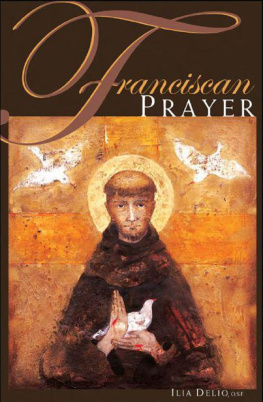
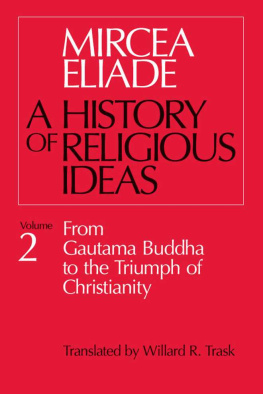
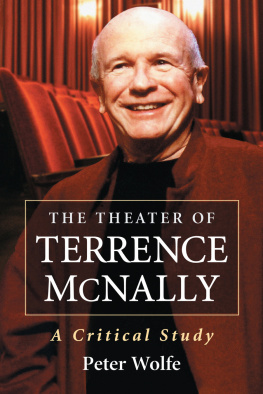
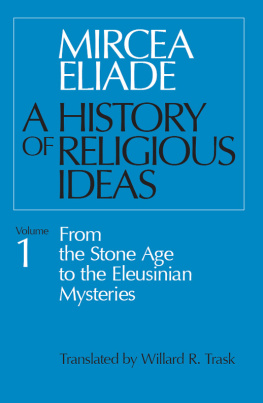
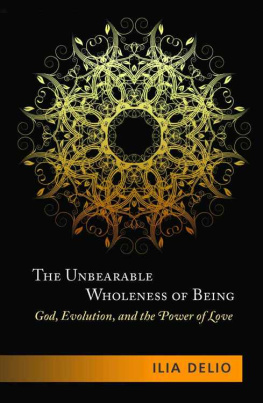
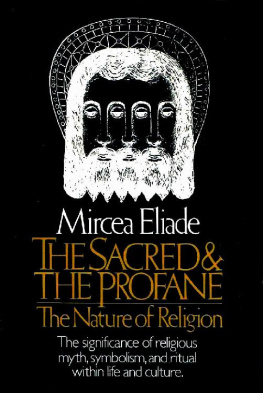
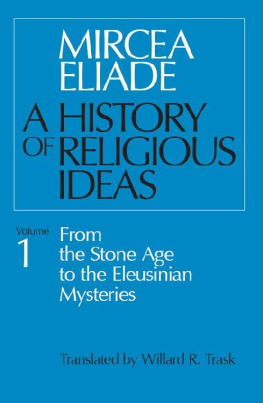
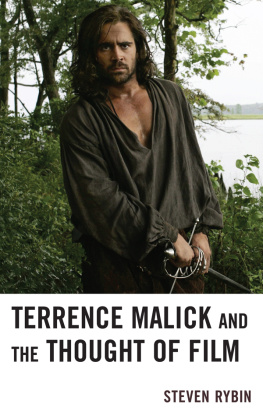

 The paper used in this publication meets the minimum requirements of American National Standard for Information SciencesPermanence of Paper for Printed Library Materials, ANSI/NISO Z39.48-1992.
The paper used in this publication meets the minimum requirements of American National Standard for Information SciencesPermanence of Paper for Printed Library Materials, ANSI/NISO Z39.48-1992.